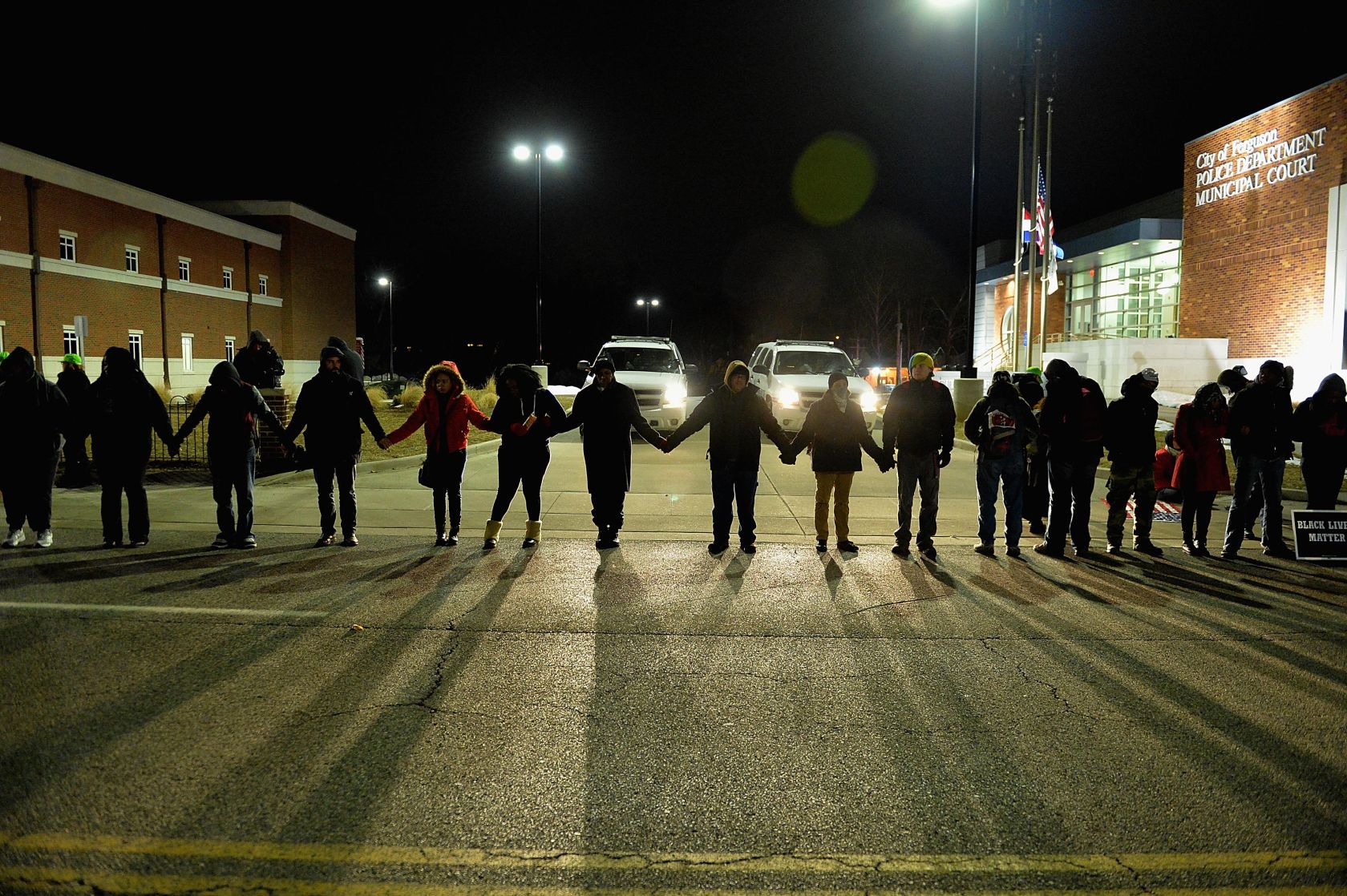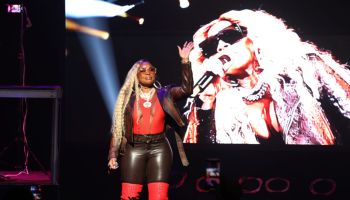
Source: Photo by Michael Thomas/Getty Images / Getty
When it comes to my passion for justice for African-Americans in this country, I’m often asked a puzzling question.
“You’re not American,” people say. “Why should you care?”
As an African woman, it’s true: I am not an African-American. But this is my home now and of course I care about the place I live and the people who look like me.
Furthermore, when I step out in public, without knowing details about my identity, no one knows I am a Nigerian girl who has lived away from her homeland for most of her life. Ultimately, in those moments, what I am is another Black face in the crowd.
MUST READ: H&M Apologizes For Implying White Models Convey A More ‘Positive Image’
But I’ve seen this division between us growing rapidly; taking a disturbing turn for the worse when we need each other more than ever.
The truth is that, sometimes as an African in America, you do feel a certain separation from Black Americans. We Africans hold deeply to our cultural intricacies and experiences. Our communities, like all immigrant ones, can make us feel like an “other” from our Black American brothers and sisters.
But make no mistake, the separation that exists between Black Americans and Black Africans is one that is indulged by both communities.
For many African-Americans, negative stereotypes about the African continent – that it’s a place of solely war, strife, and disease — are internalized. Many Black Africans, for their part, fall into associating African-Americans with the same, tired, ridiculous prejudices – that they don’t come from “good homes” or are not “respectable.”
Lately, I find myself criticizing Africans more, likely do to the fact that I feel like I can as an African woman myself. I believe many Africans ignore the treatment of Black Americans in this country, either because they succumb to White American stereotypes or because they don’t want to be associated with a lack of “respectability.” Indeed, in many African cultures, being seen as “proper” is a huge social currency.
I find myself struggling with these thoughts in my own writings about race. In my work, I am constantly in search of balance — of marriage between my identities. I am a daughter of the African soil and I am proud of my heritage. No matter how long I have lived outside of Nigeria, the history of my people – the joys and pains of my ancestors – lives in my body. But I have also spent a good deal of my life in the United States, and as so, I’ve received an education about what it means to be Black in America.
MUST READ:Two Men Stabbed At Wu-Tang Founder RZA’s New Jersey Home
I may not know the experience wholeheartedly, but I stand in solidarity nonetheless.
I will never try to co-opt someone else’s struggle, but I humbly request that we stand together. In an age where we must declare #BlackLivesMatter, where police brutality runs rampant and where racism is bubbling on the surface of this land, we need to come together.
One way in which I am proud to say we are doing this is through social media and the web. These two powerful tools are helping to foster Black solidarity around the globe. Whether it’s participating in hashtags or sharing our personal stories of the effects of enslavement and colonization, we are educating a generation with first-hand accounts of the Black experience.
Ultimately, we must focus on this positive and plant the seeds for us to grow together. Blaming one community or the other for failures in solitary will get us nowhere. We as Africans must see the African-American struggle as our own. It is naive to think that your nationality can protect you – at the end of it all, when you’re here, you’re Black in America.
In that same vein, it is incumbent upon African-Americans to educate themselves about the African continent and its people. For we will ultimately share the deepest love for one another when we understand each other’s histories.
Only then, connected by our history but appreciative of our differences, will we be able to stand together.
DON’T MISS:
Vivica Fox Calls 50 Cent A ‘Booty Snatcher’; The World Waits For His Response
Spike Lee Claps Back At ‘Chi-Raq’ Critics: ‘There’s a Difference Between Humor And Comedy’
Gabourey Sidibe Brushes Off ‘Empire’ Sex Scene Criticism
Why The Division Between Africans And African Americans Must Come To An End was originally published on hellobeautiful.com
















